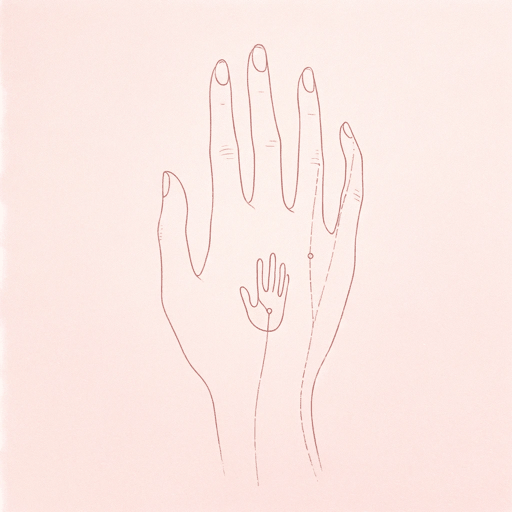32 pages • 1 hour read
Nathaniel HawthorneThe Birthmark
Fiction | Short Story | Adult | Published in 1843A modern alternative to SparkNotes and CliffsNotes, SuperSummary offers high-quality Study Guides with detailed chapter summaries and analysis of major themes, characters, and more. For select classroom titles, we also provide Teaching Guides with discussion and quiz questions to prompt student engagement.
Summary and Study Guide
Summary: “The Birthmark”
“The Birthmark” by Nathaniel Hawthorne (1804-1864) was initially published in the March 1843 edition of The Pioneer, a short-lived literary periodical which was also the first to showcase Edgar Allan Poe’s famous “The Tell-Tale Heart.” “The Birthmark” was later serialized in Mosses From An Old Manse, a collection of Hawthorne’s short stories, in 1846. Widely considered to be one of the preeminent American writers of the nineteenth century, Nathaniel Hawthorne enjoyed a career trajectory fairly typical of his day. He started by concentrating exclusively on short stories before later moving on to the longer novel form. He is perhaps best known for these latter works, most famously The Scarlet Letter, but his short stories played a pivotal role in guiding the nineteenth century’s titanic shift from gothic horror to science fiction. “The Birthmark” represents both of these genres, and it is also considered a seminal work of dark Romanticism. It is in the public domain and is available by open source. This guide refers to the online version offered by Project Gutenberg.
The story’s protagonist, Aylmer, is a scientist who lives during an exciting time in “the latter part of the last century” (Paragraph 1). Electricity has just been invented, as well as various other methods through which men can control the natural world. But despite Aylmer’s engagement with his work—and its tantalizing potential to discover “the secret of creative force and perhaps make new worlds for himself” (Paragraph 1)—he decides to seek out a wife. He marries Georgiana, and while he dearly loves his new bride, he is equally devoted to his scientific studies. He might come to love her more someday, the narrator explains, but only if their marriage might somehow meld with his love of science.
Soon after their marriage, Aylmer becomes increasingly troubled by a birthmark on Georgiana’s cheek. He asks her if she has ever considered having it removed. Georgiana replies that she is used to men perceiving the eccentricity as a positive characteristic, but Aylmer doesn’t agree. Georgiana’s face, he argues, was created nearly perfect by nature; even the slightest possible defect is “shocking.” Georgiana is deeply hurt by his comment. She is convinced that Aylmer “cannot love that which shocks [him]” (Paragraph 6).
Georgiana’s birthmark, located in the center of her left cheek, is red and shaped like a small hand. It blends in with her skin when she blushes, but stands out when she is pale. It appears to be “deeply interwoven […] with the texture and substance of her face” (Paragraph 7). Georgiana’s supporters say that she must have been touched by a fairy when she was an infant. Other woman, jealous of her incredible beauty, claim the birthmark spoils her and renders her ugly. For his part, Aylmer wishes the birthmark didn’t exist because it mars the “one living specimen of ideal loveliness” (Paragraph 7). Georgiana’s perfection in every other aspect makes Aylmer increasingly intolerant of the birthmark. For him, the birthmark comes to represent “the fatal flaw of humanity which Nature, in one shape or another, stamps ineffaceably on all her productions” (Paragraph 8).
Aylmer becomes increasingly obsessed with the birthmark, and Georgiana increasingly notices his disgust. His disapproval causes her to go pale, and her birthmark becomes much more visible. Upset, she asks Aylmer if he remembers a dream he’d had the night before. With some effort, he finally does: he dreamt that he and his servant, Aminadab, had tried to remove birthmark via an operation, but the deeper Aylmer cut, the further down he found the hand to reach, finally discovering that it was firmly wrapped around Georgiana’s heart. Instead of deterring Aylmer, the dream only makes him more determined to cut the birthmark out, despite his guilt about how far he might go to remove it, and at what cost. Georgiana claims she is willing to take on any danger necessary in the name of removing it, as she cannot stand Aylmer’s horror of her. Aylmer agrees to try and kisses her cheek—the one without the mark.
They decide to perform the operation in the laboratory where Aylmer had made many natural discoveries before, including some involving the workings of the human body. He was deterred from this line of experimentation, though, by unspecified failures. In the lab, Georgiana faints when Aylmer intends to comfort her, but he cannot help shuddering at the sight of her birthmark. He calls his servant, Aminadab, to assist him. Aminadab is a large man with shaggy hair that is smoky from the lab; the narrator contrasts his physicality with Georgiana’s “pale, intellectual” appearance, which has a “spiritual” element. Aminadab comments that were Georgiana his wife, he would leave the birthmark alone.
Georgiana wakes up in an area of the laboratory which Aylmer has redecorated to resemble a lovely apartment, fitted with several perfume lamps. The effect is magical; Aylmer is confident, feeling that he “could draw a magic circle round her within which no evil might intrude” (Paragraph 28). He calms her with pleasant optical illusions and distractions; his stories are scientific in origin, but they have a magical air about them. He presents Georgiana with a perfect flower and encourages her to pick it and enjoy it; the plan backfires, though, as it withers as soon as she touches it. Aylmer tries to take her portrait—a process evoking early photography—but the results are less than optimal: Georgiana’s birthmark is even more obvious than before. He destroys the result in acid.
After some time at work in the lab with Aminadab, Aylmer produces a vial of liquid which he claims is an “elixir of immortality” (Paragraph 43) that has an alchemical power to extend or end life, as well as the ability to remove superficial blemishes. It will not work on Georgiana, Aylmer knows, as its power is only superficial. He repeatedly asks Georgiana about her condition. Georgiana perceives that something in the apartment—the fragrances or otherwise—have begun to make her feel strange. She sees her own reflection and finds her birthmark even more repulsive than Aylmer does.
She spends time reading a book of Aylmer’s findings and feels enamored with his genius, but she “could not help but observe that his most splendid successes were almost invariably failures” (Paragraph 51). She sees these faults as proof of the limitations of human beings, and they make her love him all the more. She trails after Aylmer into the lab where he works, intending to tell him of a new symptom she is experiencing.
In his lab, the furnace is working furiously. Aylmer himself is pale and intent, watching his titration system, and he panics when he discovers Georgiana has followed him. Georgiana confronts him, and Aylmer admits that there is only one solution remaining to try to remove the mark, a new elixir, which he is working on now. Whatever the solution might be, Georgiana assents to it; back in her room, she reflects on how “honorable” Aylmer’s love is, that he is discontent with her earthly nature and strives for her perfection.
Aylmer brings her a draught, which, as he demonstrates on a diseased plant, should rid Georgiana of the mark. Georgiana drinks it with fervor and falls asleep. Aylmer takes notes on her condition, occasionally kissing the mark, though it repulses him. To his delight, as he watches, the mark begins to disappear.
Aylmer pulls back the curtain, and sunlight falls on Georgiana’s face. Aminadab laughs, and Aylmer joins him, not yet perceiving anything is amiss. Georgiana wakes and addresses Aylmer tenderly, telling him that he has acted nobly, even if he “rejected the best the earth could offer!” (Paragraph 89). She tells him she is dying. As the birthmark disappears, the treatment a success, she passes away. Aminadab laughs again: the final victory of the earthly over the celestial. The narrator concludes with a moralizing statement chastising Aylmer for seeking perfection in the mortal realm.
Related Titles
By Nathaniel Hawthorne
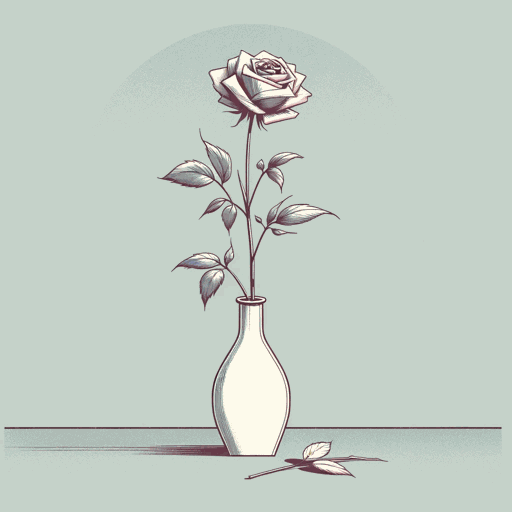
Dr. Heidegger's Experiment
Nathaniel Hawthorne
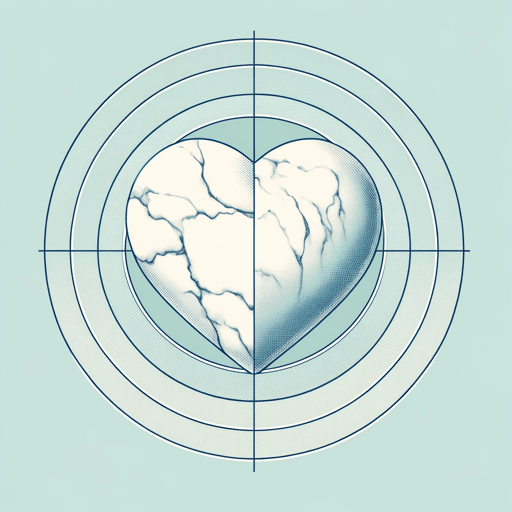
Ethan Brand
Nathaniel Hawthorne
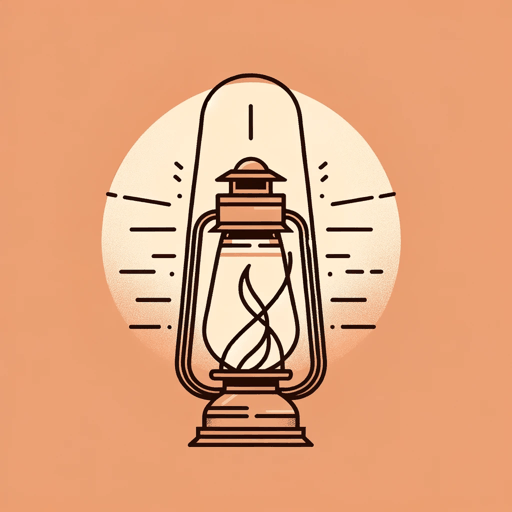
My Kinsman Major Molineux
Nathaniel Hawthorne

Rappaccini's Daughter
Nathaniel Hawthorne

The Ambitious Guest
Nathaniel Hawthorne

The Artist of the Beautiful
Nathaniel Hawthorne

The Blithedale Romance
Nathaniel Hawthorne
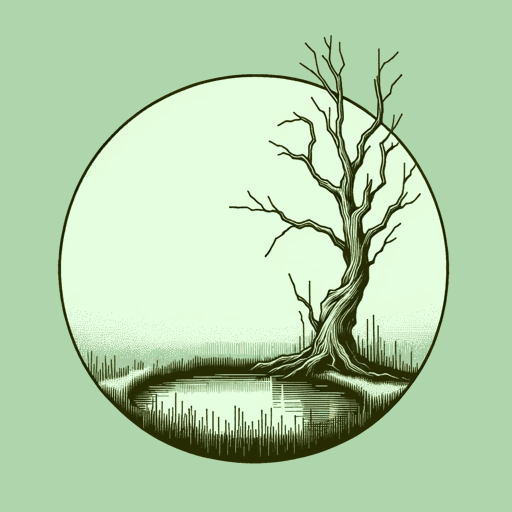
The Hollow of the Three Hills
Nathaniel Hawthorne

The House of the Seven Gables
Nathaniel Hawthorne

The Marble Faun
Nathaniel Hawthorne
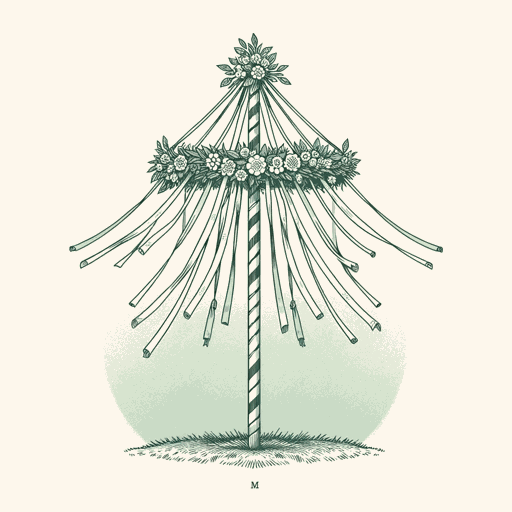
The Maypole Of Merry Mount
Nathaniel Hawthorne
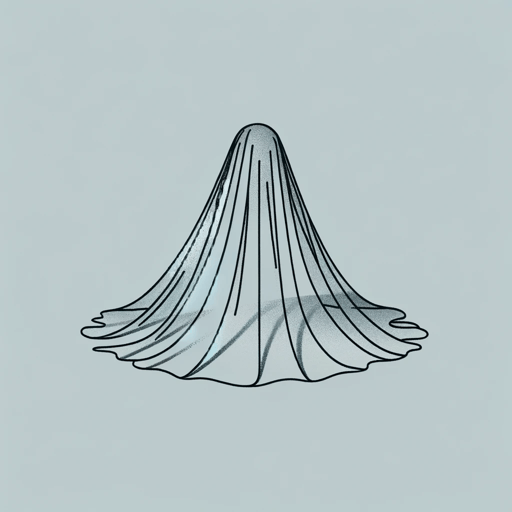
The Minister's Black Veil
Nathaniel Hawthorne

The Scarlet Letter
Nathaniel Hawthorne

The Wives of the Dead
Nathaniel Hawthorne

Young Goodman Brown
Nathaniel Hawthorne
